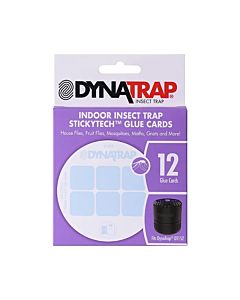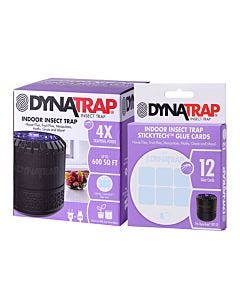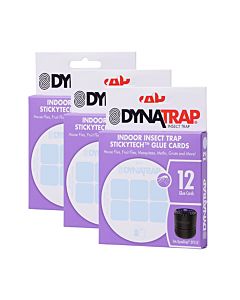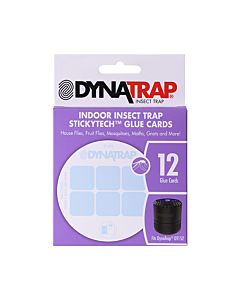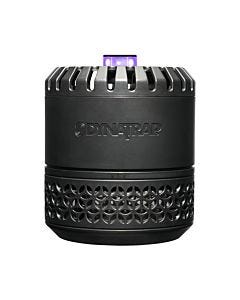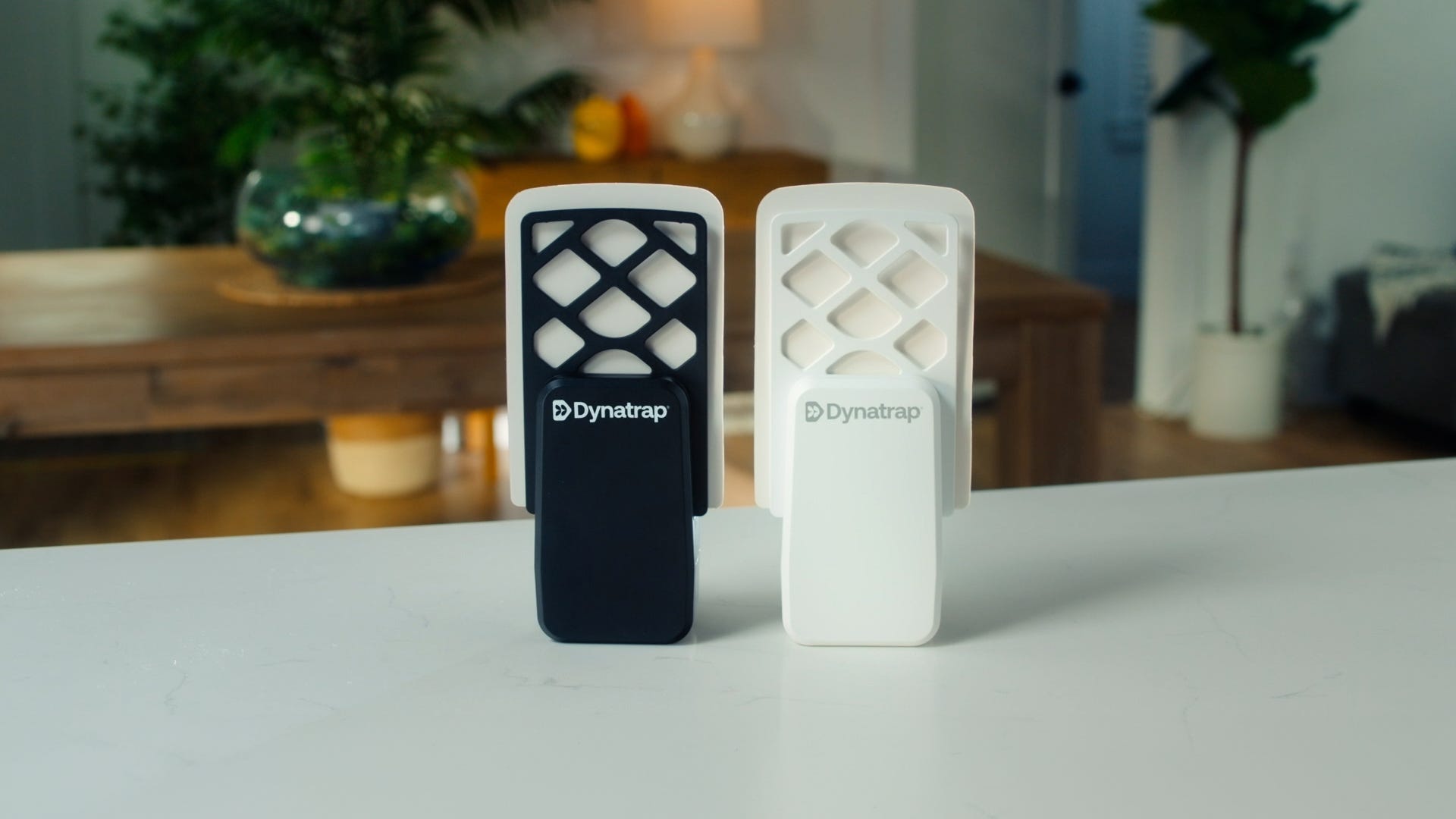
There are some sure signs that summer is on its way, like enjoying warm days, seeing the trees and flowers bloom, days growing longer with sun… and black flies. Black flies aren’t the sort of summer experience that you want near your home. Although these pests don’t cause infrastructure or garden damage, they have painful bites and can be carriers of diseases that can affect your livestock. Learn everything that you need to know about Black Flies.
What are Black Flies?
Black flies, otherwise known as “buffalo gnats” or “turkey gnats” are small insects that can be black, gray, yellow, or brown. Although tiny, they cause painful bites as they feed off the blood of humans and other animals. There are around 1,800 species of black flies found worldwide.
Typically, black flies are found starting mid-May and can even last until July. Because these insects lay their eggs in clear, running water, they are commonly found near fast-moving bodies of water like rivers, streams, and other areas with consistent, flowing water.
The female black flies are the ones dependent on blood, as it’s needed to facilitate egg production. Male flies don’t bite for blood, so it’s the females that will bite and attack you. Black flies tend to swarm their prey, so multiple bites can happen at the same time. Depending on the person, the severity of the reaction to the bite can vary.
Animals have been affected by swarms of black flies, causing sickness and even rapid blood loss. They might accidentally breathe in these flies, which can cause health problems and may even lead to death. A variety of animals can be affected by these flies, ranging from horses to dogs and cats, even turkeys.
Understanding Black Fly Bites
Black flies can be found throughout the United States, but their bites typically don’t cause the dangerous diseases that occur in other regions of the world, like in Africa or South America. Those black flies can transmit the “river blindness” disease among others.
In America, these flies typically bite near the head or the face. They will look like small puncture wounds and can swell depending on the person. Some people will barely be affected, while others might experience large amounts of swelling. Occasionally, other symptoms include headache, nausea, fever, and swollen lymph nodes.
To treat these bites, ice for 15-minute intervals. Cortisone or prescription topical steroids can help with the inflammation and itchiness. Be sure to wash the bite with soap and water to avoid any infection.
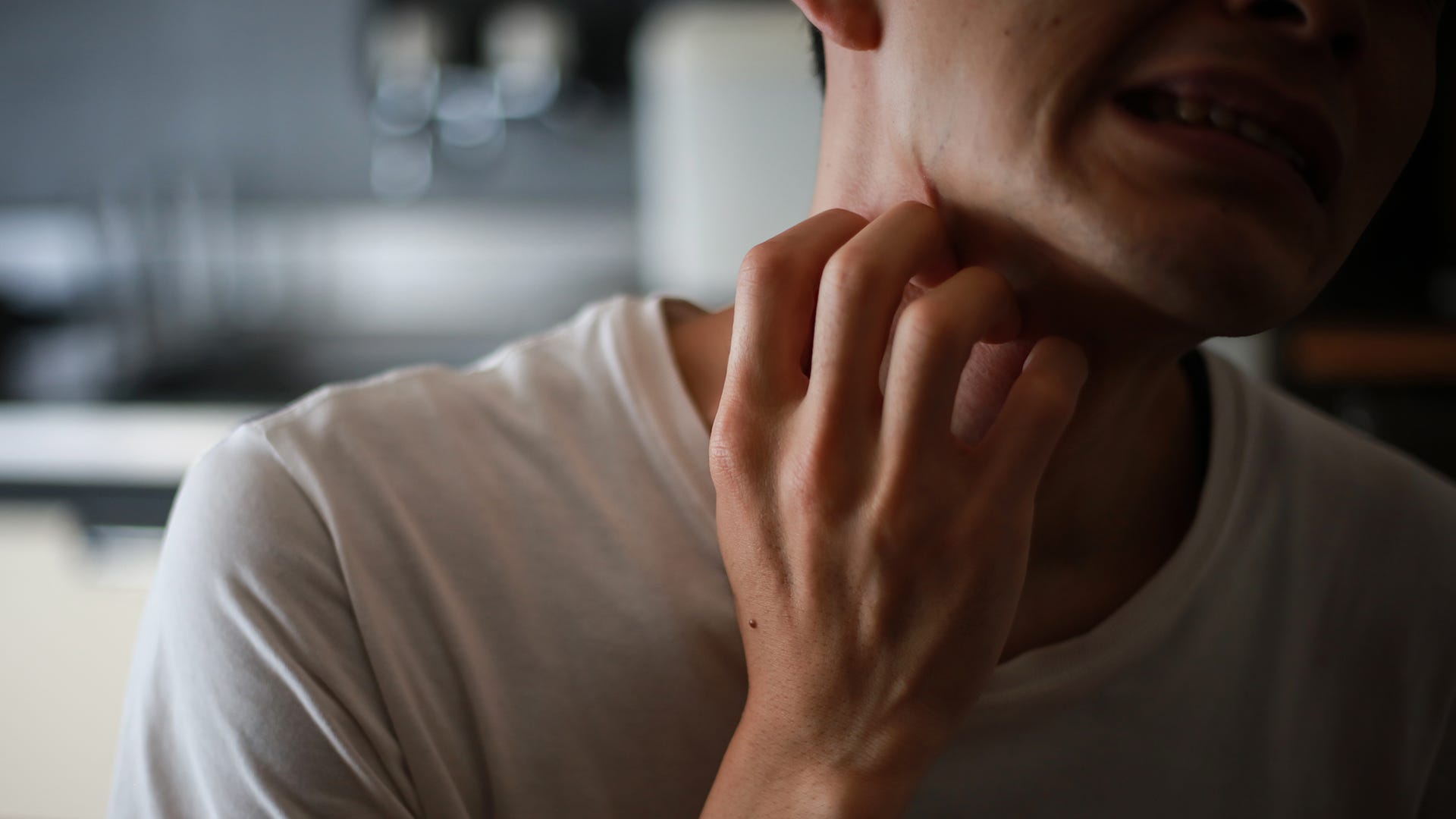
Preventing Black Fly Bites
There are only a few ways that you can get rid of black flies and help prevent them from coming back – these are among the hardest insects to control. Because these insects are drawn to water, making sure that you aren’t creating any habitats where there is moving water is key. Everyone loves a garden stream or a pond with a fountain, but these are the perfect breeding habitats for black flies.
Clear brush that hangs close to or in the water to reduce objects that black fly larvae can attach themselves to. While they require fast-moving water to breed, the adults also need spots to hang out on that are dry. The male insects feed off nectar instead of blood, so these can be tricky if you have a luscious garden. You can also implement Dynatrap® Outdoor Insect Traps that attract and trap black flies, limiting the population in your yard.
The best thing you can do, though, is prevent black flies from biting you in the first place! Here are some techniques to deter black flies so that you can enjoy the outdoors without getting bit, including:
- Protecting your skin with long clothing
- Wearing light-colored clothing
- Wearing a hat with protective netting
- Using a fan on your porch
- Lighting campfires
Keeping Your Home Safe
Black flies can ruin your outdoor experience. How do you deal with these painful pests? Let us know on our Facebook page. Get ultimate coverage from insects around your home and learn more about what kind of pests you are dealing with on our website and sign up for our e-newsletter. Here at Dynatrap®, we’re committed to making your experiences outdoor – and indoor – bug-free.

